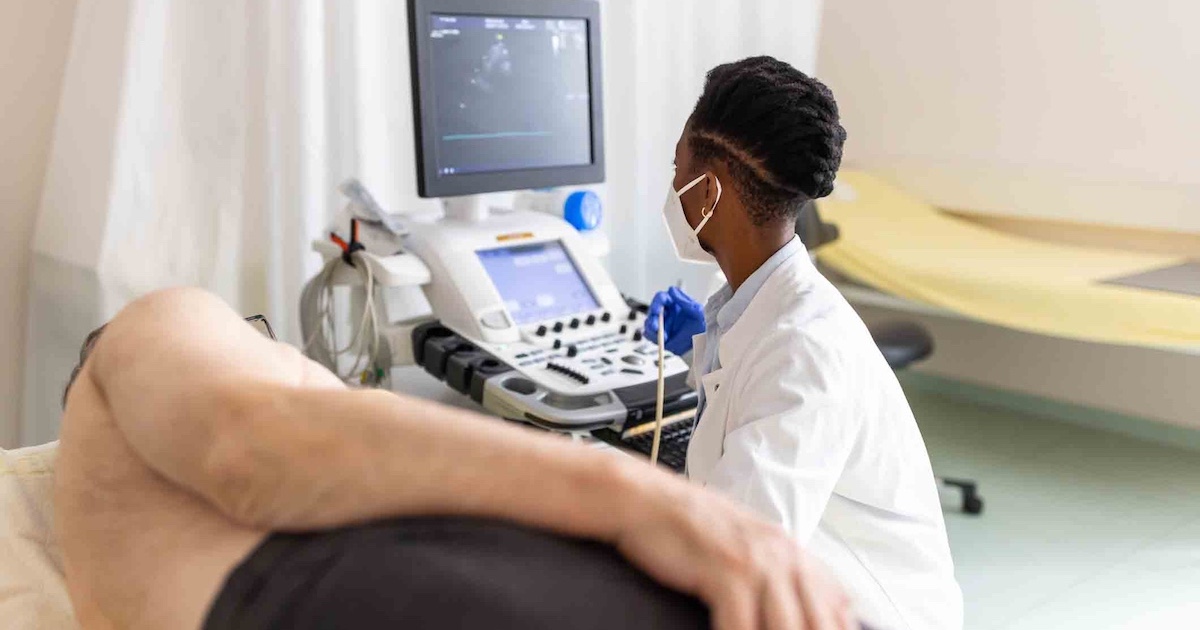The evolution of the smartphone as a diagnostic device may well rest on the development of the dongle.
The tiny device that fits into the audio jack of a smartphone or tablet is at the center of a recent Colombia University project to help mobile healthcare workers in developing countries test for infectious diseases like HIV and syphilis. When working properly, it could enable someone to test for a disease in as little as 15 minutes and for a fraction of the cost associated with a laboratory test.
[See also: HIV patients + mHealth apps = lives saved]
Led by Wan Laksanasopin, a biomedical engineering PhD student, and Samuel K. Sia, an associate professor of biomedical engineering at Columbia Engineering, the project programmed the dongle to perform an enzyme-linked immunosorbent assay (ELISA) that looks for three antibodies, one for HIV and two for syphilis.
Researchers tested the device on nearly 100 patients in Rwanda earlier this year, and found that most preferred it to the standard laboratory test. But they found that it also, on occasion, produces a positive false result.
"Patient preference for the dongle was 97 percent compared to laboratory-based tests, with most pointing to the convenience of obtaining quick results with a single finger prick," the researchers wrote in a report published in Science Translational Magazine. "This work suggests that coupling microfluidics with recent advances in consumer electronics can make certain laboratory-based diagnostics accessible to almost any population with access to smartphones."
[See also: mHealth masters: Patricia Mechael talks about global healthcare]
Researchers see a bright future for dongle-based testing in developing countries, where healthcare is often delivered by mobile workers at clinics or, more often, in the home. Equipping providers with point-of-care technology could vastly increase the identification of patients with HIV and reduce instances where a mother passes the disease on to her child.
“Our dongle presents new capabilities for a broad range of users, from healthcare providers to consumers,” Sia said in a press release issued by Columbia Engineering. “By increasing detection of syphilis infections, we might be able to reduce deaths by 10-fold. And for large-scale screening where the dongle’s high sensitivity with few false negatives is critical, we might be able to scale up HIV testing at the community level with immediate antiretroviral therapy that could nearly stop HIV transmissions and approach elimination of this devastating disease.”
“We are really excited about the next steps in bringing this product to the market in developing countries,” he added. “And we are equally excited about exploring how this technology can benefit patients and consumers back home.”
Another factor is the cost. The Colombia project used a $34 dongle, while a cartridge required for each test costs $2. A typical ELISA test, Sia reported, can run upwards of $18,450.
The study was funded by a "Saving Lives at Birth" transition grant offered by USAID, the Gates Foundation, the government of Norway, Grand Challenges Canada and the World Bank, with additional assistance from the Wallace H. Coulter Foundation. Others taking part in the project were Columbia’s Mailman School of Public Health, the Institute of HIV Disease Prevention and Control at the Rwanda Biomedical Center, the Department of Pathology and Cell Biology at Columbia University Medical Center, the Centers for Disease Control and Prevention's Laboratory Reference and Research Branch in Atlanta and OPKO Diagnostics.
[See also: Lab-on-a-chip tech makes smartphones into diagnostic tools]


